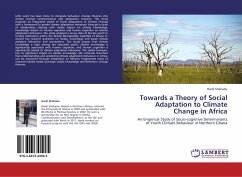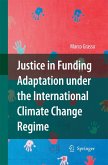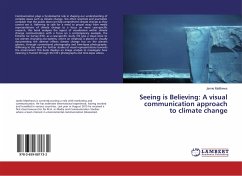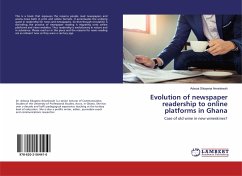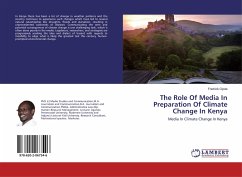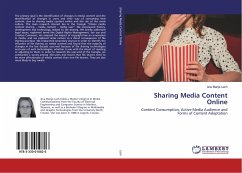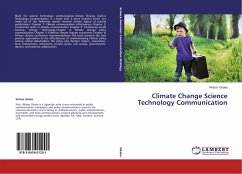Little work has been done to integrate behaviour change theories into climate change communication and adaptation research. This study proposes an integrated model of Social Adaptation to Climate Change with a framework to predict climate adaptation behaviour through a chain of relationships starting with media impact on climate knowledge, knowledge impact on human cognition and human cognition on climate adaptation behaviour. The study analysed a survey data of literate youth in tertiary institutions within the Tamale Metropolitan Assembly of Ghana to answer key research questions on media, knowledge and youth climate adaption behaviour and perceptions. The study argues that climate knowledge is high among the educated youth, climate knowledge is significantly associated with human cognition, and human cognition is significantly related to climate adaptation behaviour. The media however, has no significant impact on climate knowledge. We conclude therefore that understanding andpredicting climate adaptation behaviour in Africa, can be enhanced through integration of hitherto fragmented areas of research namely media coverage, public knowledge and behaviour change theories.
Bitte wählen Sie Ihr Anliegen aus.
Rechnungen
Retourenschein anfordern
Bestellstatus
Storno

